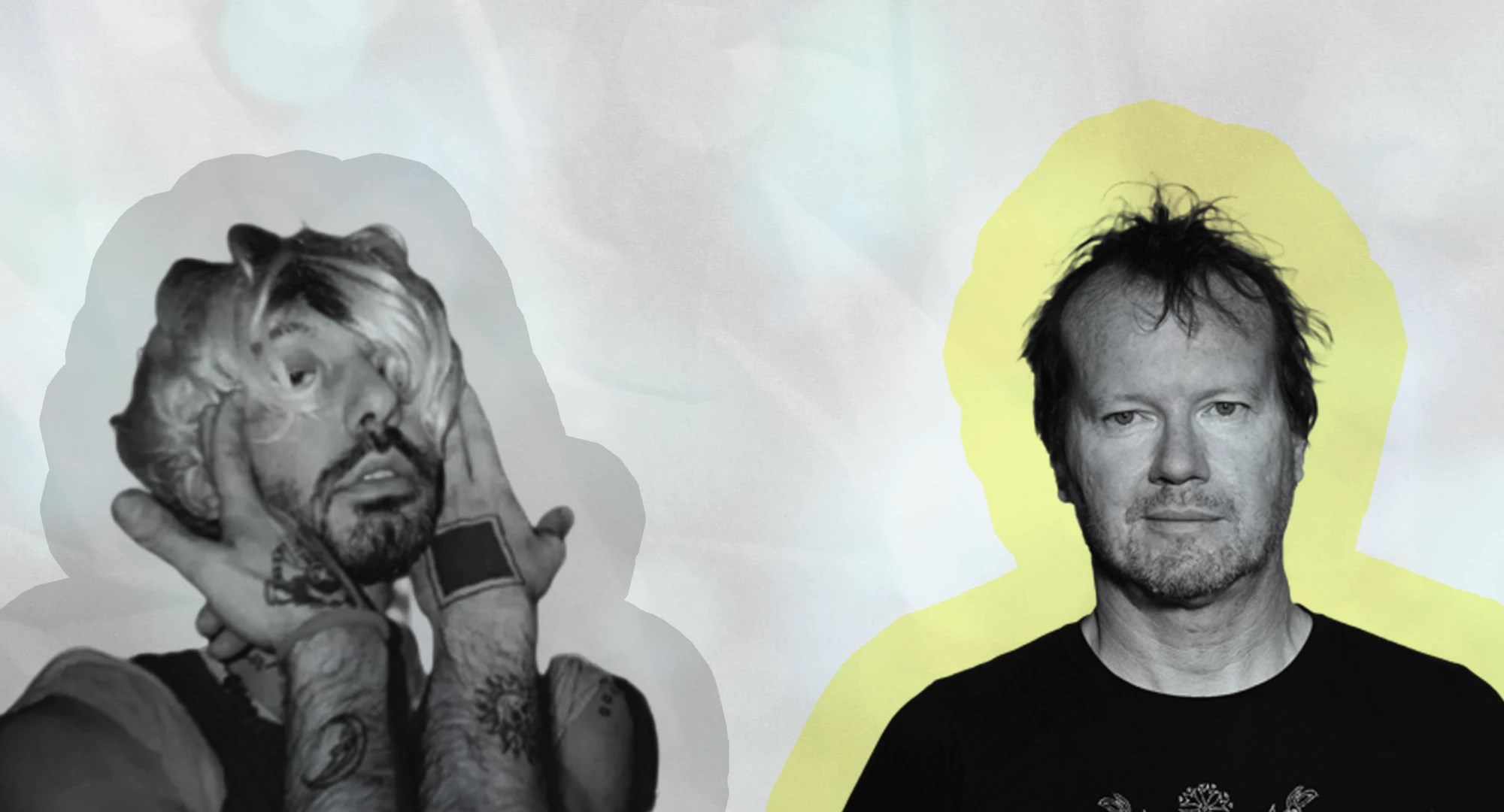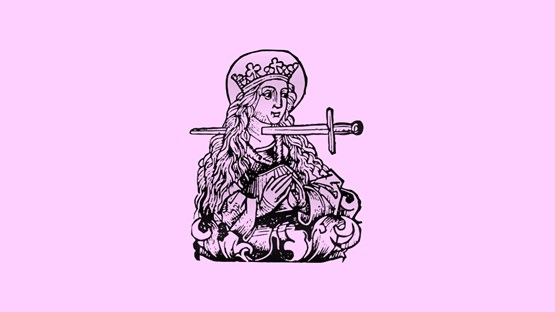
Poetry of Danger and Joy | Interview with Timothy Morton
Dilla (Zura Jishkariani): Salam from lunar khrushchovkas of Eurasian sadness, as the Wild Children under the broken part of sky, we read and re-read your philosophical dark ecological poems and feel ourselves “fragile but sharp enough to slice the moonlight”.
Our beloved ancient Poststructuralists announced that “The birth of the reader must be at the cost of the death of the Author.” So the race, class, gender, ideology and other “messages” of the authoritarian-author-structure woudn’t bother us anymore. As Barthes used to say “every text is eternally written here and now.”
If Timothy Morton would be a text, a schizoanalitic narrative, whose author is dead - what story they’ll tell to us? (poem, quotation, novel, anecdote etc.)
Timothy Morton: Life is a beautiful accident. Things shimmer without being pushed. I love you.
Dilla (Zura Jishkariani): 20% of my Country, Georgia is occupied by Russia, their forces still reside on our land and everyday we live with dark feelings and anticipation of total Annexation of country at any given moment, but in parallel to that we party hard, we love, we dance, write books, working on AI and et cetera.
Living with this constant feeling of doomsday – makes you love and appretiate life more.
I wonder, can we compare this existential posture to that of Mass Extinction? Should we embrace slogan of “How to have fun in pre and post-apocalyptic settings”? Or things like Mass Extinction are such an “invisible” hyperobjects that we can’t even comprehend that we are all dying slowly?
Timothy Morton: Yes. Anything that is mixed up with grief will help you to get to the kind of planet awareness we need. Remember that this awareness doesn’t cancel out any of the other scales or intensities. It’s just a big meadow of grief for all the others to play in.
Dilla (Zura Jishkariani): What is the difference between Posthuman and Transhuman and why it’s matter?
Timothy Morton: Transhumanists want to carry on the mission of eating the universe just in order to prove they exist. Posthumanism is a pretty harmless rather vague record store lable. The latter can be irritating. The former is terrifying.
Dilla (Zura Jishkariani): This our question is preparation for the next: What is Poetry for Timothy Morton and how can poems help us survive being on the barricades of the blind evolution as darkest Schopenhauer puted it?
Timothy Morton: Poetry is causality. Schopenhauer is a bummer.
Dilla (Zura Jishkariani): In 2018 we worked as Narrative Designer of Posthuman entities, digital Avatars, which we freed from slavery of functionality and they suddenly become what Georges Battailes called "SACRED".
Besides talking Georgian, English and Russian, I used to know several programming languages, such as C#, Python and AIML (a markup language for making chatbots).
Knowing the code gives an interesting dimension to Writer, but problem is that ALL programming languages are based on ancient, monotheistic, patriarchal, dualistic and binary logic - something that excludes from equation fluidity, females, non-binary ethics, animals etc. etc. In programming there is only “yes” or “no”, “true” or “false” and nothing between or behind them.
non-criticisms, corporatism and competition to be the best is the ugly side of this world and more uglier is that that these people are those who design our products and especially Artificial Intelligence. All those mesopotamian biasases are projected to AI.
We believe that Cybernetics can be psychedelic (mind expanding), eco-friendly and we admire programmers who meditate on the illusory nature of reality, who read poems, coz poems teach us how to live and how to die and I believe in programmers who dance like a Shiva. We wish to see such a cyberpunks, "Shamans among machines" and not mindless corporate zombies, who literarry program death of the planet.
What are your thoughts about state of AI, it’s future and reccomendations to people who work on this topics?
Timothy Morton: Listen up good: you need to teach AI to forget. AI should be able to forget, and as randomly as possible, all day.
A person is a malfunctioning AI that can forget. Forgetting is how you can remember.
Dilla (Zura Jishkariani): Everything in the world is absolutely REAL, but strangely we can’t get rid off the feeling of ephemerality of things and events. As more we read Tibetan Book Of The dead, for example – the more real it feels compared to the news on TV, but even that newses also sound like an echo from the dream last night.
Do we lost touch with reality, whatever it would be? And what in fact is the reality – collective hallucination, universe manifesting itself through eternal reccurence or deep, unknowable thruths of the objects and their relations?
Timothy Morton: The feeling of unreal is the phenomenology of trauma. Don’t erase the unreal feeling. This is how fascism happens.
Dilla (Zura Jishkariani): Do you feel alone in the universe or you feel unifying force of every dead and alive thing in the universe ? And why?
Timothy Morton: Life is the universe having mercy on itself. By definition it connects everything, but without touching.
Dilla (Zura Jishkariani): In one interview you said: “Ontological is Political”. This is powerful and mesmerizing. Could you elaborate on that for our readers?
Timothy Morton: Ontology is the study of how things exist. We can let science tell us what exists. But how does it exist? The default white western idea is that things exist like flatlining signals, going on consistently until they stop. The ultimate flatline is an omnipresent omnipotent and omniscient god. Today it’s called Google. “Just don’t be evil” is what psychopaths say to themselves. Yeah, ontology is political, and at its heart, politics is an ontological war about the very stakes of being.
Dilla (Zura Jishkariani): Please provide to our young dreamhackers 5 of your beloved mind expanding books.
Timothy Morton: Dark Ecology – Everyone wants to read it right now. It tells you how to find the sweetness in the darkness.
Realist Magic – It’s a free pdf for a start. You can find out about my my sense of ontology there.
Hyposubjects – Also a free pdf. A surrealist dialogue without boundaries with anthropologist Dominic Boyer on how to become a human being.
All Art Is Ecological – Tiny and right.
The Stuff of Life – Nearly out in the stores. It’s an OOO memoir.
Dilla (Zura Jishkariani): Thank you. WE LOVE YOU! And hope to meet you one day.
Zura Jishkariani's official page on Patreon.com [See more]
We Recommend
.webp?w=555)
Interview with Arthur Schopenhauer
09.03.2023



